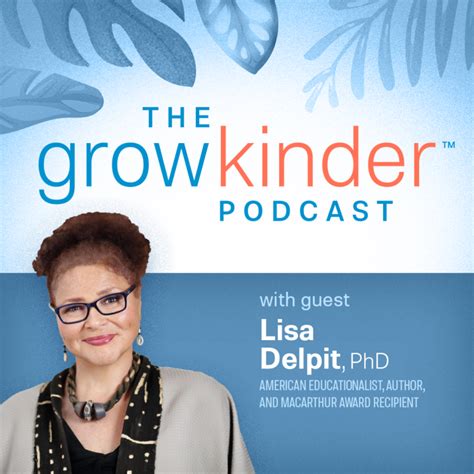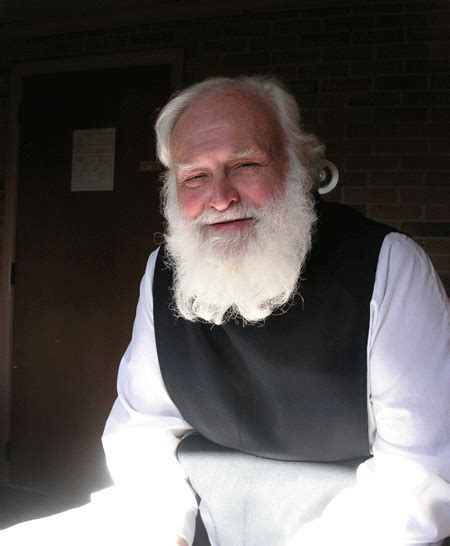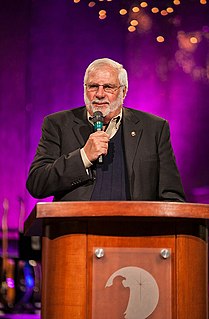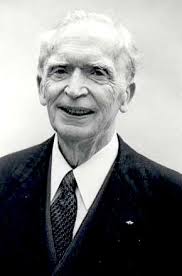A Quote by Robin S. Sharma
Remember, we see the world not as it is but as we are. Most of us see through the eyes of our fears and our limiting beliefs and our false assumptions.
Related Quotes
We do not really see through our eyes or hear through our ears, but through our beliefs. To put our beliefs on hold is to cease to exist as ourselves for a moment -- and that is not easy ... but it is the only way to learn what it might feel like to be someone else and the only way to start the dialogue.
Remember, folks, every one of these Republicans in Senate sees the world through the eyes of the left. Every one of these Washington people. They don't see it through the prism of their own principles and beliefs. They see the world through the eyes of the left. They see the media criticism that will be forthcoming. They see the newspaper headlines. They see what's gonna be said about them on CNN and New York Times. That's what they see. That's their world.
That is another theme in the book [Dreams from My Father]. How do we exercise more empathy in our public discourse? How do we get the black to see through the eyes of the white? Or the citizen to see through the eyes of the immigrant? Or the straight to see through the eyes of the gay? That has always been a struggle in our politics.
Dialogue is a space where we may see the assumptions which lay beneath the surface of our thoughts, assumptions which drive us, assumptions around which we build organizations, create economies, form nations and religions. These assumptions become habitual, mental habits that drive us, confuse us and prevent our responding intelligently to the challenges we face every day.
Know that all the limiting beliefs from your family, your friends, your fears and the world will begin to come up once you start to take action. Move through them. This part of the process is where we begin to grow as individuals into who we were meant to be by challenging all of these limiting beliefs and fears.
Unfortunately, in seeing ourselves as we truly are, not all that we see is beautiful and attractive. This is undoubtedly part of the reason we flee silence. We do not want to be confronted with our hypocrisy, our phoniness. We see how false and fragile is the false self we project. We have to go through this painful experience to come to our true self.
That is why we need to travel. If we don't offer ourself to the unknown, our senses dull. Our world becomes small and we lose our sense of wonder. Our eyes don't lift to the horizon; our ears don't hear the sounds around us. The edge is off our experience, and we pass our days in a routine that is both comfortable and limiting. We wake up one day and find that we have lost our dreams in order to protect our days.
Christ, in short, asks us to give everything, all our false redemption in the lifeboat, all our false ideas about who God is, all our trust in something other than God to redeem us. In so doing, we die to our broken natures in exchange for His perfect nature, and find unification with Him that will allow God to see us as one.



































